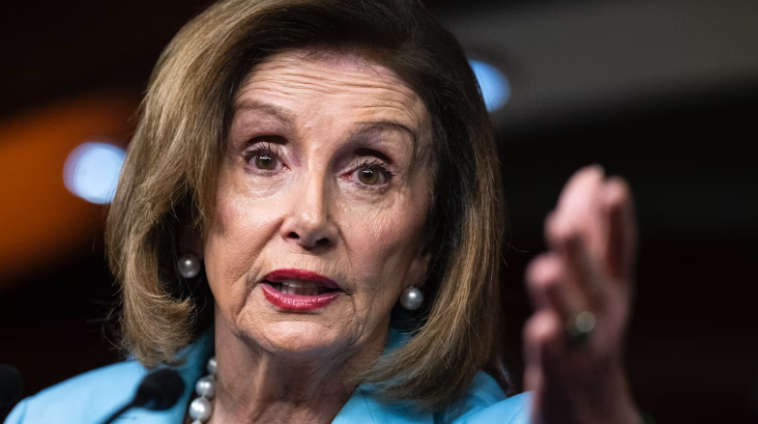Former Speaker of the House Nancy Pelosi has announced that she will not attend President-elect Donald Trump’s inauguration on January 20, 2025. Pelosi’s decision continues her longstanding and openly contentious relationship with Trump, reflecting the deep polarization that has defined modern U.S. politics.
A Pattern of Partisanship
Pelosi’s choice to skip the inauguration aligns with her history of public opposition to Trump, including her prominent role in both of his impeachment proceedings and her dramatic gesture of tearing up his 2020 State of the Union address. Her absence sends a clear message of disdain for the incoming administration, further underscoring her combative stance against Trump’s presidency.
Critics argue that her decision, while framed as a personal choice, undermines the tradition of bipartisan respect for the peaceful transfer of power. “It’s another example of Pelosi putting personal grievances above national unity,” said a conservative analyst. “The inauguration is a celebration of democracy, not an endorsement of any individual.”
Health Concerns or Political Statement?
Officially, Pelosi has not provided a reason for her absence. At 84, she recently underwent hip replacement surgery following a fall, which could be a factor in her decision. However, her participation in significant recent events, including the certification of the 2024 election results and a tribute to the late President Jimmy Carter, suggests she is capable of attending if she chooses.
Some critics view the absence as a deliberate snub rather than a health-related necessity. “Pelosi’s refusal to attend is just another in a long line of symbolic gestures aimed at undermining President-elect Trump,” remarked one commentator. “It’s petty politics at its worst.”
Broader Political Implications
Pelosi is not alone in skipping the inauguration. Former First Lady Michelle Obama and other prominent Democrats have also indicated they will not attend. Meanwhile, former Presidents Bill Clinton, George W. Bush, and Barack Obama plan to attend the swearing-in ceremony but will forego the traditional post-ceremony luncheon at the Capitol.
The absence of high-profile figures from the opposition highlights the deeply entrenched divisions within the political landscape. Instead of demonstrating unity, the inauguration risks becoming another flashpoint for partisan conflict.
A Missed Opportunity for Unity
Pelosi’s absence is emblematic of the broader refusal by many political leaders to rise above personal grievances for the sake of national unity. Trump’s inauguration, like any transfer of power, should serve as a moment to reaffirm the resilience of American democracy. Pelosi’s decision to abstain not only diminishes the spirit of the event but also sets a troubling precedent for future transitions of power.
As Pelosi steps back from public life, critics argue that this final act of defiance cements her legacy as a figure who prioritized partisan battles over bridging divides. Whether history views this choice as principled or petty will depend on the outcomes of the Trump administration’s efforts to address the very divisions Pelosi’s absence highlights.


